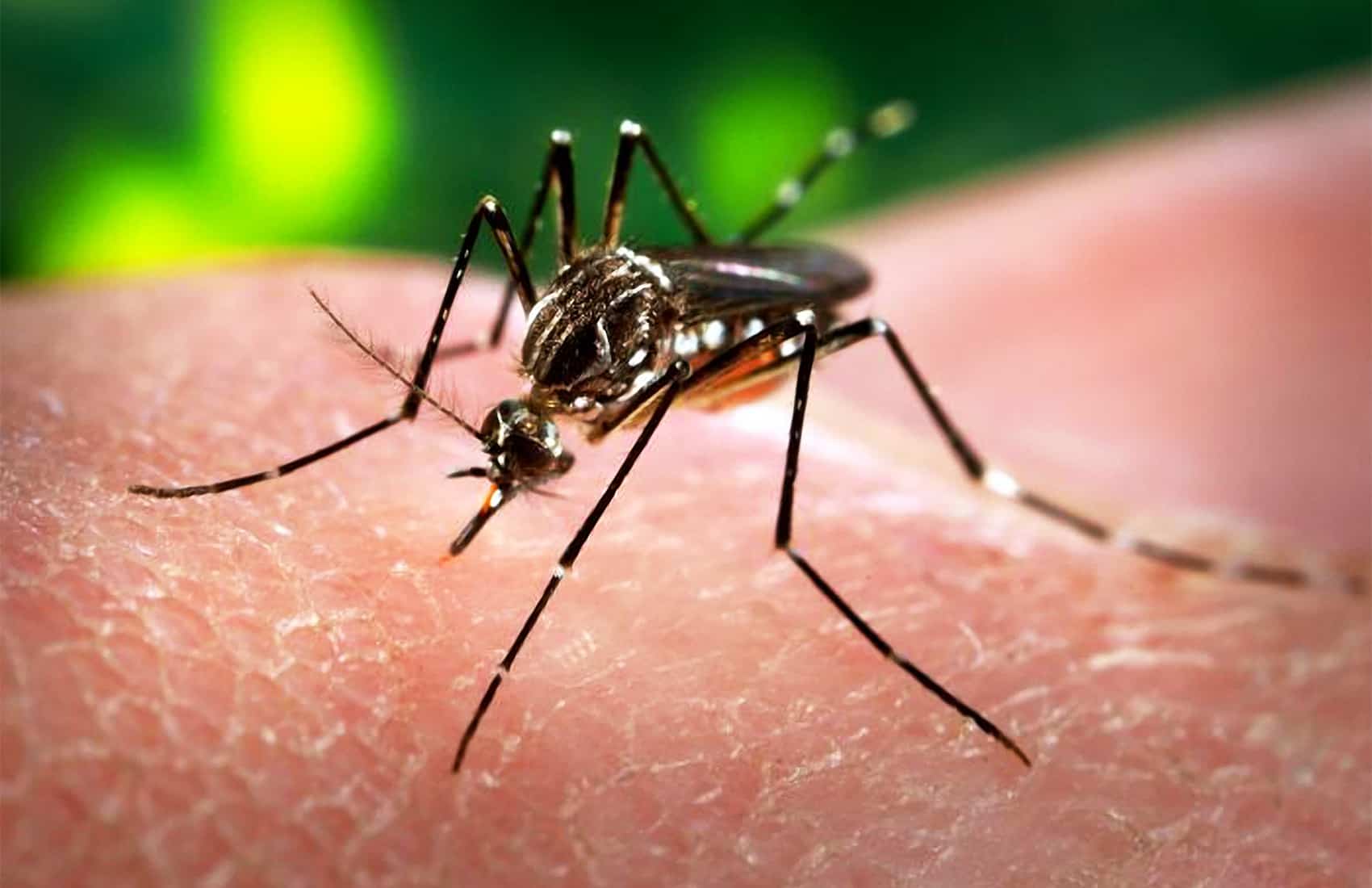Economic losses associated with the mosquito-borne Zika virus spreading across Latin America and the Caribbean are expected to total roughly $3.5 billion this year, according to initial estimates from the World Bank released Thursday.
The organization announced it would provide $150 million to support vector surveillance and control, and identification of vulnerable populations — especially pregnant women and women of reproductive age. It also said it would use the money to promote access to family planning, and to provide prenatal care for Zika-infected pregnant women and postnatal care for babies in the event of neurological complications. Some health experts suspect a strong link between Zika and an apparent surge of babies born in Brazil with microcephaly, a condition marked by an undersized head and brain damage.
The World Bank said Zika-related losses would likely be “modest” but could hit tourism-dependent countries in the region hard. Foregone income in such countries, including Belize, Jamaica, Cuba and the Bahamas, could range from 0.8 percent to 1.6 percent of their GDP, the World Bank said.
Costa Rican authorities have reported just two cases of the mosquito-borne virus this year, and have been working to assure tourists that the country is safe to visit. They say there is no scientific evidence suggesting an active virus circulation in the country. The two confirmed cases in Costa Rica were contracted outside of the country.
Nevertheless, the U.S. Centers for Disease Control and Prevention put Costa Rica on its travel watch list for the virus after it detected Zika in a U.S. man who had visited Costa Rica in January.
The spread of the Zika virus coincides with high tourism season for much of Mexico, Central America and the Caribbean.
Besides potential lost income from cancelled vacations to the region, the World Bank report said other losses would likely take the form of lost productivity among individuals who contract the virus, assuming a one-week absence from work. “Given the mild symptoms of the disease for those affected, this cost is very low,” the report states.
Zika is carried by the Aedes aegypti mosquito, the same type that spreads dengue and chikungunya.
The World Bank warned that if steps are not taken to reign in the virus’ spread “the human and longer-term effects of the disease and their economic impacts will increase.”
Among those long-term impacts would be health care costs associated with microcephaly if a link is confirmed between the birth defect and the virus.
Recommended: With abortion banned in Zika countries, women beg on web for abortion pills






